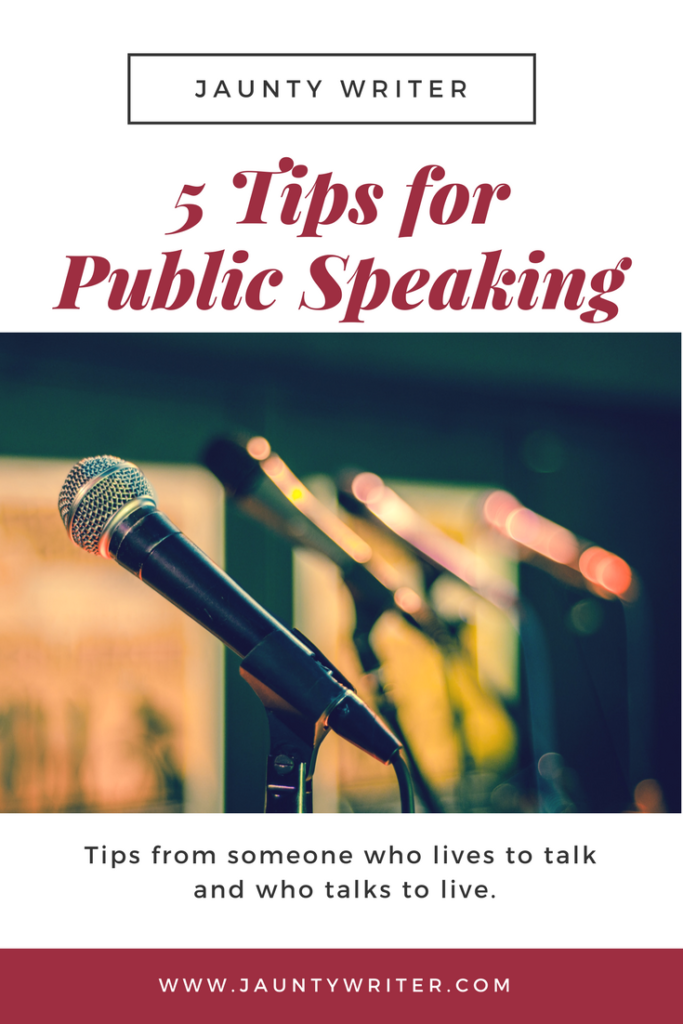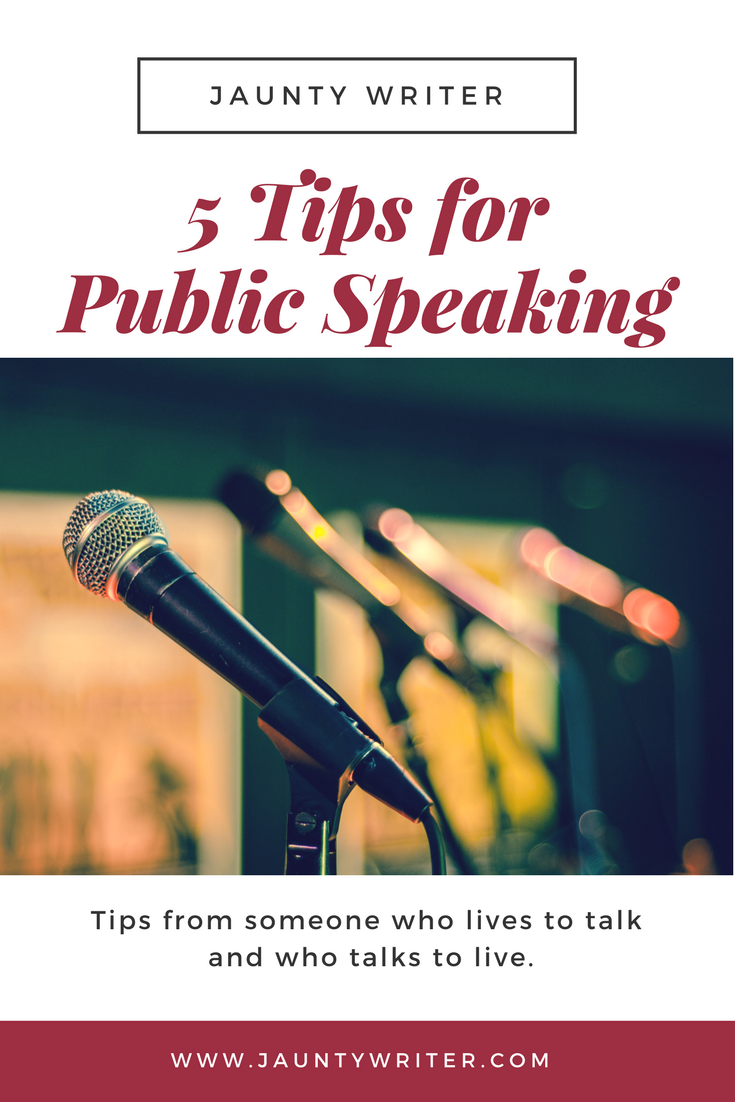Public speaking is hard.
To many people, speaking in front of a crowd is one of the worst things you can force them to do.
Let’s see if we can’t make public speaking a bit easier for you.

Why in the world should I listen to you?
First, I love to talk.
Second, my career relies heavily on speaking.
My job in college was to give 2-hour presentations on leadership and professionalism to undergraduates all the way up to professionals at my university.
While the programs were designed to be fun and interactive, they aren’t exactly a comedy show or something most people are super excited for. Add in the fact that we’d host all-day sessions where students could get their certificate in a weekend by attending all 7 2-hour sessions. People attending all sessions would have one 8-hour day and one 6-hour day back to back.
Needless to say, you have to work hard to keep people engaged.
I do want to put a disclaimer here. I have been involved with theater and music for a very long time. You’ll have a harder time getting me to stop talking than getting me to talk. I’m that person who talks to strangers in stores and restaurants. Talking has never been a problem for me.
I do want to share a few tips and things that I do to help me be engaging and to get over the nerves. Because yes, everyone, even people who talk for a living, have nerves when they get in front of people.
Tip #1
Find what preparation works best for you.
I am so glad that I took my speech class in high school and got college credit for it because I would have died in my college’s intro to public speaking class. I watched my roommate have to write out entire speeches and have to recorder herself practicing them and the professor expected students to practically memorize the speech.
Yes, there is a time and place for carefully worded speeches. Those speeches should be written out and you should be confident enough to read them live.
That is not how I work. My speeches revolve around either a slideshow or an outline. These are my crutches and keep me on track.
Then I just talk.
This means that I speak in a very conversational tone and it flows very easily.
Please don’t think this is the best way for everyone! Many people need to completely write out their speech so they speak word-for-word. If you do this, then work hard and have your speech down pat so you’re speaking and not reading.
Tip #2
Look over their heads.
It’s hard to make eye contact with people when you’re speaking and you’re nervous. Look just above people’s heads and it will give the illusion of you making eye contact.
Just don’t look too high above their heads. I’ve seen so many people speak use this trick and they’re very clearly not making eye contact with anyone.
I will note this is harder to do when you’re speaking to a small group of people. When you’re only talking to a group of 10 people (give or take some), it’s harder to pull this off because they know you’re not in a large hall and there aren’t people behind them.
Tip #3
Slow down! And speak up!
I speak fast naturally. And when you’re nervous, you’ll speak faster. Before you get started, take a deep breath and remember to slow down.
Because I tend to speak to larger groups and often times I have seniors in the group, I often ask them to tell me if there is ever a time they can’t hear or understand me. People with hearing issues need you to speak up and speak clearly for hearing aids to work properly.
I usually just incorporate this into my introduction. After I’m introduced, I usually say my name and position again, along with what organization I’m speaking for and/or about. I’ll introduce my topic and then usually say something along the lines of:
“Before we get started, I have never been told to speak up in my life, but if you can’t hear me, just let me know. Also, sometimes I get really excited when I’m speaking and I’ll speed up. If I’m ever speaking too fast, just tell me. I’m usually just really excited to share something with you. But just let me know.”
This is also a great way to get some chuckles and people relax a lot. They know you’re not taking yourself too seriously and they’re more likely to speak up and work with you.
Tip #4
Ask them to talk back.
This is something that you have to decide if you’re ready for. However, I find this is a great way to have a more natural discussion instead of a lecture. When working with people who don’t have much public speaking experience, I notice they tend to relax a bit at the Q&A at the end. They don’t have to be perfect, they’re just answering questions and it’s not a problem if they can’t answer the question.
I always invite people to ask me questions at the beginning of my talks. It doesn’t bother me if they ask me questions in the middle.
Now, sometimes this can be scary. People ask me questions all the time that I can’t give definitive answers to, and I just have to admit that. The plus side is because people are asking you questions, you will automatically act more conversational. You’re having a dialogue, not talking at them.
Tip #5
Practice. Practice. Practice.
My friends and interns who hear me say this hate me. But honestly, it’s the only way to get better. I’ve been working with my intern for the past year and just between the 4 public presentations she’s done, she’s improved immensely.
Practicing stinks. It’s hard, and when you don’t feel like you’ve done it well, you get frustrated. But it is the only way to get better.
If you aren’t ready, ask some friends or family to sit there and let you talk through things. It’s awkward, and I know I personally hate it (I do this for when I sing), but it does help!
